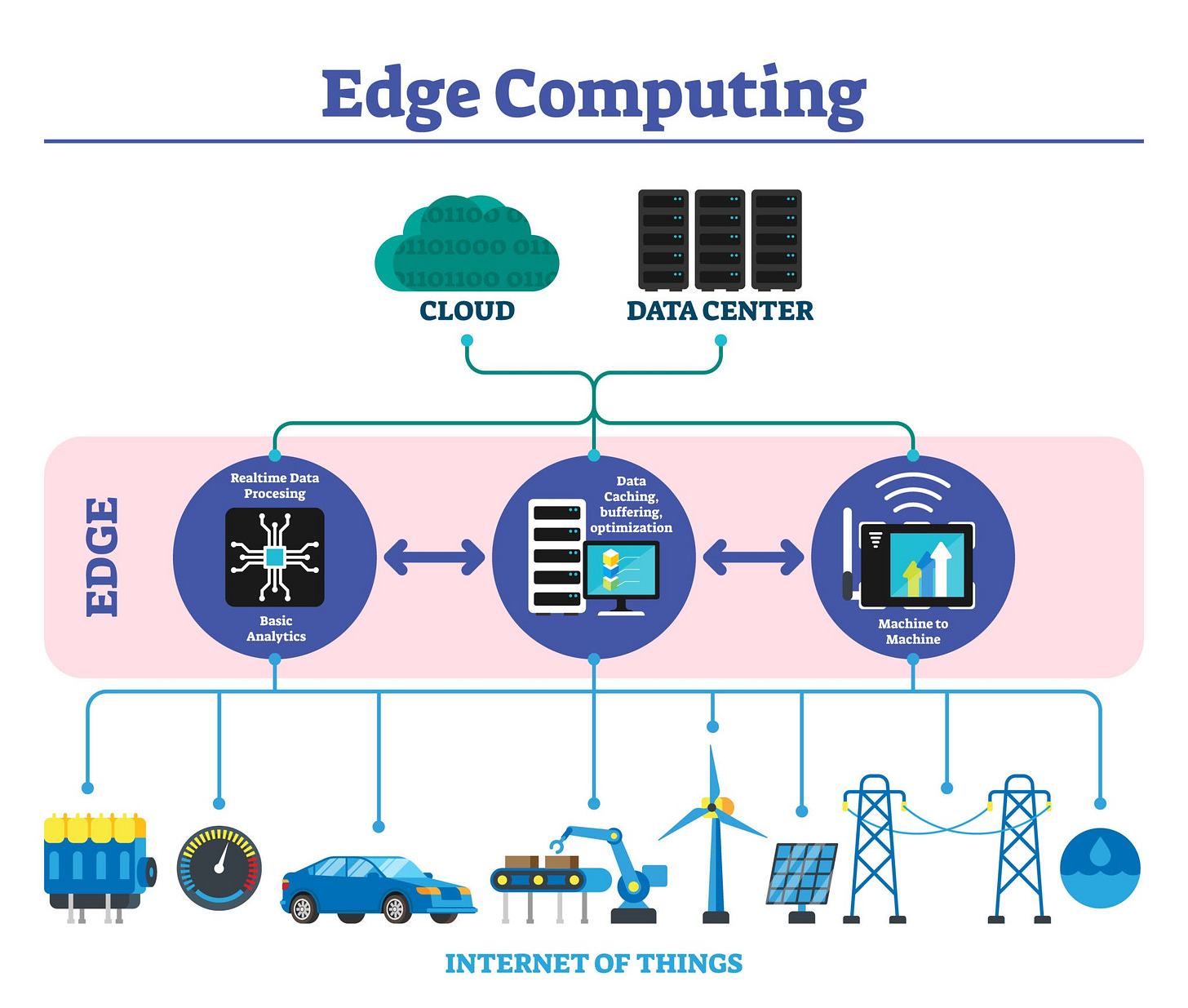Mastering the Art of Software Engineering & Web Development: The Ultimate Guide for 2025
Welcome to the edition of codeforweb, a guide for developers navigating the ever-changing tech landscape. Today, we’re not just talking about what's new; we're talking about what's essential for becoming a truly masterful software engineer in 2025. It’s no longer enough to just know a framework. The masters of our craft think differently.
Beyond the Framework: The Foundation First
Before you dive into the next big JavaScript library or cloud service, ask yourself: do you truly understand the fundamentals? In 2025, the best engineers are those with a rock-solid foundation in computer science principles.
Data Structures & Algorithms: Can you optimize a recursive function or choose the right data structure for a given problem without searching Stack Overflow? Understanding concepts like time and space complexity (O(n)) is crucial for writing performant, scalable code.
System Design: How do you architect a system that handles millions of users? You need to understand concepts like microservices, load balancing, caching, and database scaling. This is the difference between a coder and a senior engineer.
Networking: Do you know what happens when you type a URL into your browser? A deep understanding of HTTP/2, TCP/IP, and DNS is what allows you to debug network issues and build truly robust web applications.
Don’t just learn a tool. Understand the principles behind it.
The Three Pillars of a 2025 Developer
The tech world has converged on three core areas that every modern developer should master.
1. Declarative UI Frameworks
The debate between Angular, React, and Vue has quieted. The reality is, all three have embraced a declarative, component-based paradigm that focuses on state management. Whether you’re using React Hooks, Angular Signals, or Vue’s Composition API, the goal is the same: manage state efficiently and render your UI as a function of that state. Pick one and go deep. Understand its change detection mechanism and its ecosystem.
2. Type Safety & Maintainability
Writing dynamic JavaScript is a thing of the past for professional-grade applications. TypeScript is no longer a "nice-to-have"; it's a fundamental requirement. It catches errors early, provides better IDE support, and makes your code self-documenting. Using TypeScript demonstrates an understanding of the need for maintainable, high-quality code.
3. The Rise of the Edge
The future of web development is moving away from a centralized server model. Technologies like Vercel’s Edge Functions and Cloudflare Workers allow you to run backend code closer to your users, reducing latency and improving performance.
Understanding serverless architecture and how to deploy applications on the edge is a key skill that will set you apart.
Final Thoughts: The Continuous Learner
Technology will always evolve. The difference between those who get left behind and those who thrive is a commitment to continuous learning.
Read the docs. Don't just follow tutorials. The official documentation is the source of truth.
Build something. A lot. The best way to learn is by doing. Don’t just build a to-do list app; build something that solves a problem you have.
Contribute to open source. It's a fantastic way to learn from experienced developers and build your professional network.
The ultimate guide to 2025 is not a list of frameworks; it’s a mindset. It’s about building on a strong foundation, embracing modern paradigms, and never stopping the pursuit of knowledge.
Next week:We’ll dive into a deep-technical breakdown of Angular Signals vs. React Hooks and why one might be a better choice for your next project. Stay tuned!
Let’s stay connected across all platforms!
Instagram: @angular_development
Facebook: Learn Angular
Software Dev: TopMate.io
Threads: @angular_development
LinkedIn: InfoWeb Technologies
Training Portal: Beginner to Pro Training
Newsletter: CodeForWeb Substack
Pinterest: Tech Nerd Life
Portfolio: InfoWeb Technologies
Projects: Next Generation Projects
📧 For business inquiries:
Feel free to contact us at softwaredeveloper321@protonmail.com


